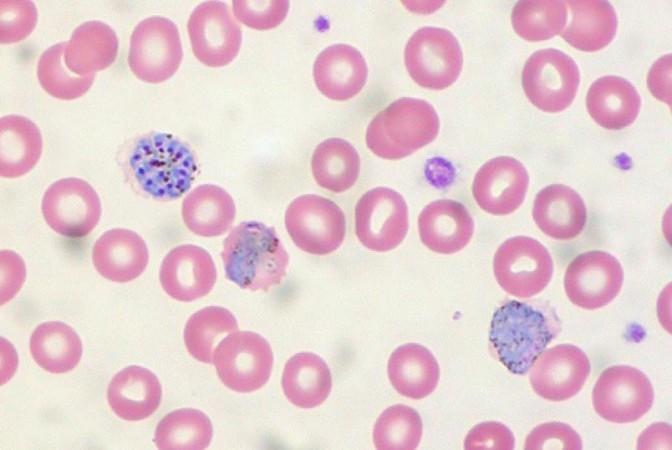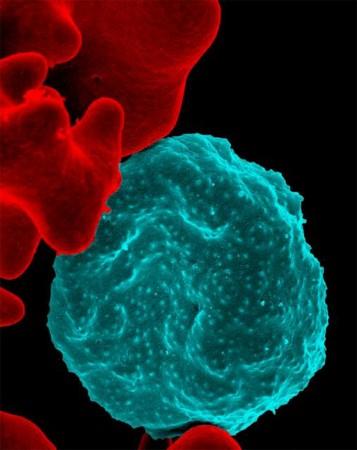In a breakthrough medical discovery by researchers from the Special Centre for Molecular Medicine at Jawaharlal Nehru University (JNU), a promising new path to treat drug-resistant malaria has been found. The researchers repurposed the anti-hepatitis C drug Alisporivir to be used against malaria.
Professor Anand Ranganathan, who is one of the corresponding authors of the study published in Antimicrobial Agents and Chemotherapy, revealed that Alisporivir showed potent anti-parasitic activity against Plasmodium species, which is responsible for causing malaria.

Malaria and need for newer drugs
Malaria is a serious health problem and one of the most devastating infectious diseases of humans. It is caused by rotozoan parasites belonging to the genus Plasmodium and spreads through the bite of infected mosquitoes. One of the problems that hinder control of malaria is the emergence and spread of chemotherapy-resistant parasites
The researchers noted in their study that Plasmodium species have developed resistance to all known anti-malarial therapeutics. As a result, many first-line treatments including chloroquine, proguanil, pyrimethamine, sulfadoxine-pyrimeth-amine, and mefloquine, are no longer effective. In fact, reports of emerging resistance against artemisinin-based combination therapies threaten the ongoing global efforts to eradicate malaria.

To this extent, novel antimalarial substances whose targets are different from those of existing antimalarials are sought and the latest discovery by JNU researchers shows a promising new path of treatment. Alisporivir showed potent antimalarial activity against chloroquine-resistant and artemisinin-resistant parasites.
Repositioning Alisporivir against malaria
Alisporivir is a non-immunosuppressive analogue of cyclosporin A, which is used for organ transplants. Ranganathan noted that the immunosuppressive nature of Cyclosporin A prevented it from being approved as an antimalarial drug. But the researchers at JNU have re-positioned Alisporivir and studied its anti-malarial potential against Plasmodium parasites.

"Alisporivir showed potent antiparasitic activity against Plasmodium parasites both in blood stage culture and in the mouse model. In addition, Alisporivir doesn't induce eryptosis, the suicidal death of red blood cells," Professor Ranganathan said.
The study, although still in the experimental phase, will be followed up with a clinical trial, which will further evaluate the efficacy of the drug against malaria.

















